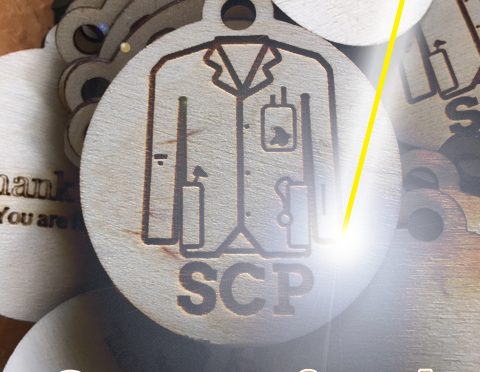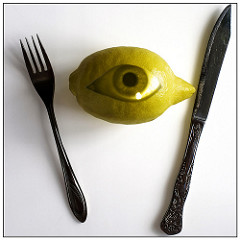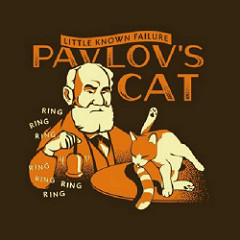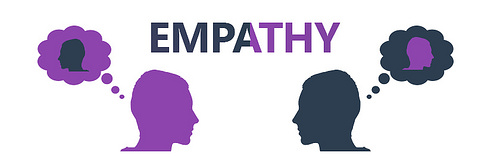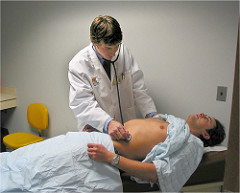Podcast: Play in new window | Download (Duration: 1:03:41 — 87.5MB)
Subscribe: Spotify | RSS | More
It’s time for a change, whether we want it or not.
 Oh, gosh. It’s Kaci McCleary and Amy Young’s last show as co-hosts. Irisa Mahaparn and Teneme Konne join them to discuss their impending moves to Colorado and Minnesota. Also, they lament Iowa’s new Fetal Heartbeat Bill and what some observers believe will be an associated collapse of OB/Gyn in Iowa should the law go into effect. But life goes on, and Amy–a relatively new parent–talks parenting fails. Luckily for her little Sammy, and sadly for his own children, Dave has her beat. And listener Corey reaches out on Facebook to tell Dave he’s wrong. Shocker.
Oh, gosh. It’s Kaci McCleary and Amy Young’s last show as co-hosts. Irisa Mahaparn and Teneme Konne join them to discuss their impending moves to Colorado and Minnesota. Also, they lament Iowa’s new Fetal Heartbeat Bill and what some observers believe will be an associated collapse of OB/Gyn in Iowa should the law go into effect. But life goes on, and Amy–a relatively new parent–talks parenting fails. Luckily for her little Sammy, and sadly for his own children, Dave has her beat. And listener Corey reaches out on Facebook to tell Dave he’s wrong. Shocker.
Plus, Dave reveals how you can get free swag Dave made with frickin’ laser beams…listen to find out how.
This week in Medical News
Meanwhile, Indiana is recommending that it’s citizens get vaccinations before traveling to…Kentucky and Michigan? Trump’s old doctor finally admits that his former patient really did dictate his note that praised the then-candidate’s health. And the Golden State Killer is nabbed by a DNA ancestry website, while privacy advocates fret.
We Want to Hear from You
If you’re a future OB, are you concerned about or celebrating Iowa Republicans’ strategy to overturn Roe v. Wade? Call us at 347-SHORTCT anytime, visit our Facebook group, or email theshortcoats@gmail.com. Continue reading Parenting Fails, Pro-Life Wins, Free Laser Gifts

